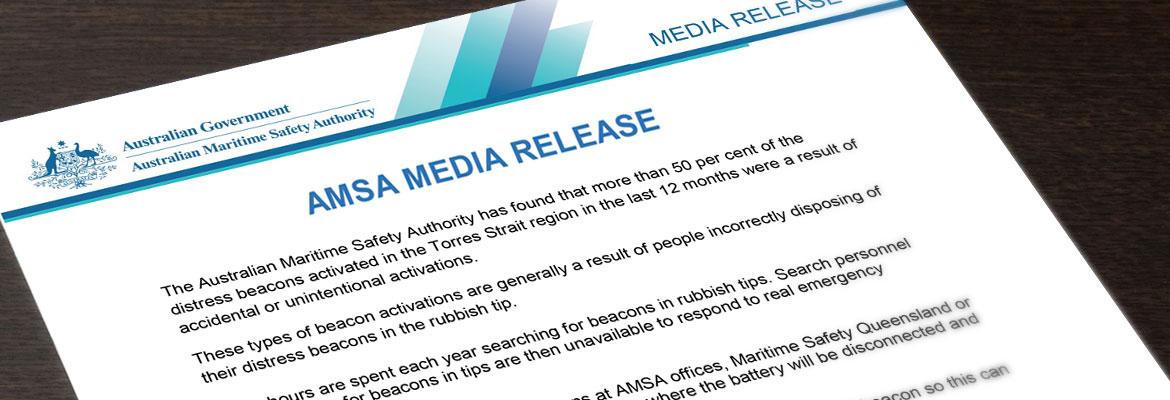
Tanya Takai-Bowie is employed as a trainee marine officer with Maritime Safety Queensland on Thursday Island.
Tanya is realising her dream to work in the commercial maritime industry after obtaining her Coxswain Grade 1 and Marine Engine Driver Grade 3 Certificates of Competency through the Torres Strait Maritime Pathways Project (TSMPP).
The TSMPP is designed to develop the skills and capabilities of Torres Strait Islander and Aboriginal people to operate commercial vessels and create maritime career pathways in industries such as near coastal trading, commercial fishing, tourism and the offshore maritime shipping industry.
'This training has meant a lot to me, as it’s opened a lot of doors for me at such a young age,' Ms Takai-Bowie said.
'I would like to see myself either working my way up to gain more qualifications or being a marine technician.'
The Pathways Project complements the Torres Strait Marine Safety Program (TSMSP) which was initiated in 2006 to promote maritime safety.
The Marine Safety Program is a partnership between Maritime Safety Queensland, the Australian Maritime Safety Authority (AMSA), Torres Strait Regional Authority, Queensland Police Service and the National Maritime Safety Authority of Papua New Guinea.
Since the commencement of the program, there has been a 50 per cent reduction in maritime incidents and a 60 per cent reduction in search and rescue operations.
Earlier this year, Shanice Havili started with AMSA as the Indigenous Boating Safety Officer, also based on Thursday Island.
Ms Havili is responsible for providing a contact point and cross-cultural liaison for AMSA with maritime stakeholders in the Torres Strait region.
Her role supports the TSMSP partner agencies in the development and delivery of school based and industry specific maritime training programs, and other relevant maritime safety related initiatives.
'A registered 406 MHz Emergency Position Indicating Radio Beacon, or EPIRB, particularly a GPS enabled model, is an essential piece of life saving equipment for all voyages throughout the Torres Strait region,' Ms Havili said.
'An EPIRB tells rescuers exactly where you are, allowing them to start a rescue immediately and come directly to your position – this is the most effective way to reduce the time it takes to rescue you in an emergency'.
It is important to register your EPIRB as it allows AMSA Search and Rescue to phone your emergency contacts and look up important information to initiate a response as soon as possible. An unregistered EPIRB slows down this process and has the potential to delay the response.
Confirmation of EPIRB registration is issued by AMSA to provide distress beacon owners and authorities with proof of registration. This is to meet the legal requirement for Queensland laws and a fine may result if an EPIRB owner cannot prove current registration.
The EPIRB owner must present proof of registration during a safety equipment inspection. EPIRB’s can be purchased for a subsidised price from the AMSA Office on Thursday Island or from the Thursday Island Water Police when they visit your community during vessel patrols.
To register your beacon go to our beacons registration website.